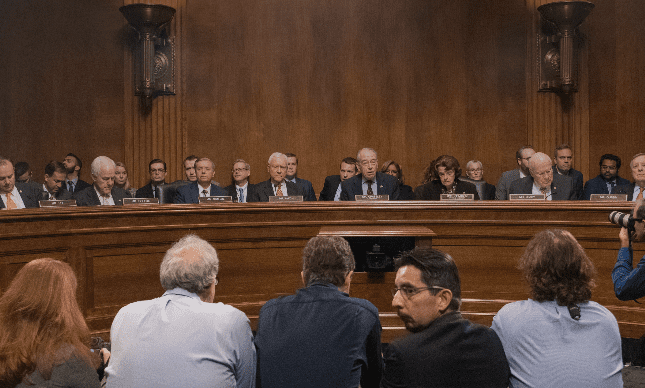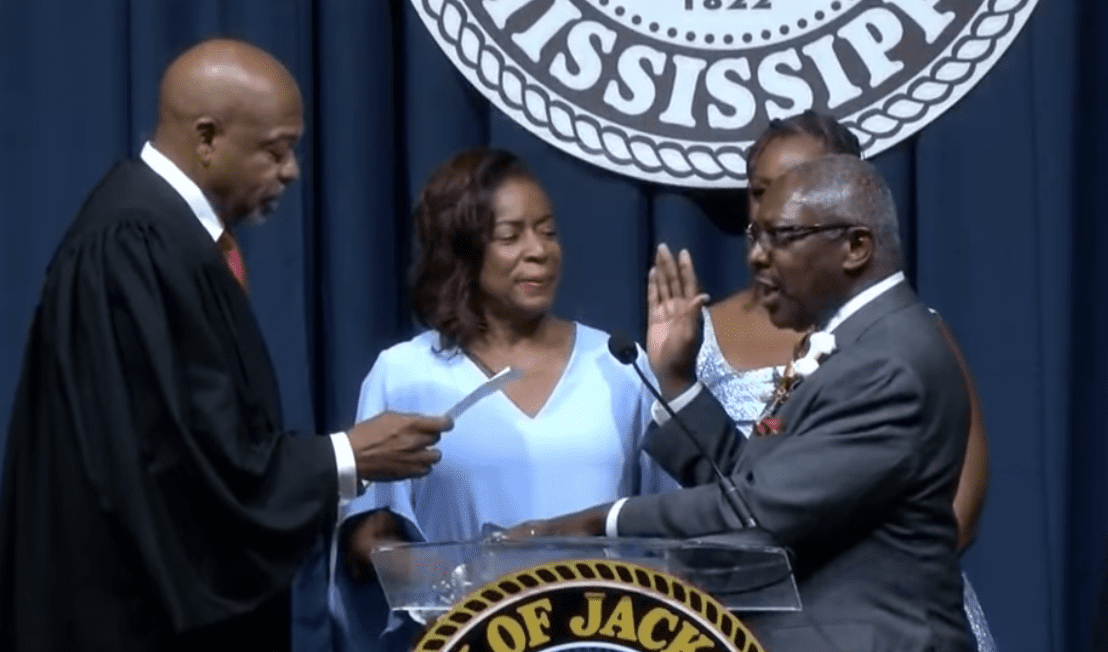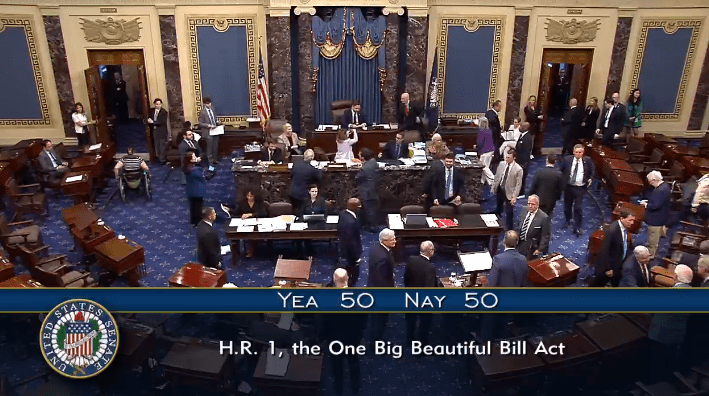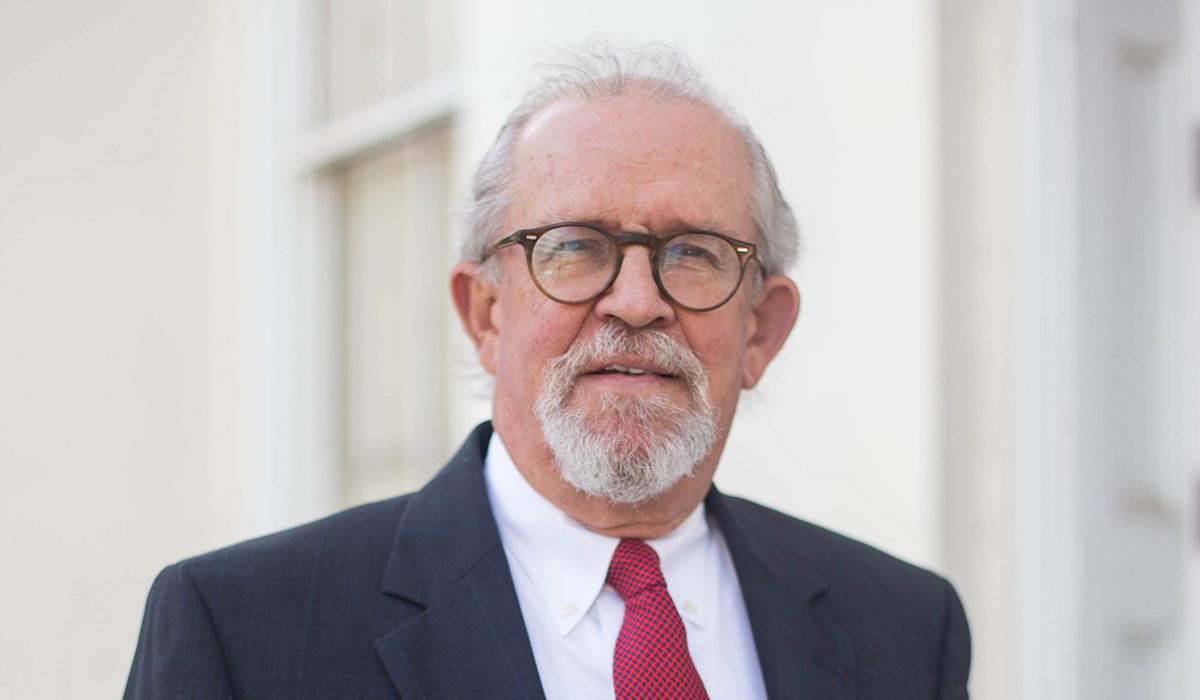In the Supreme Court’s recent decision affirming Obamacare’s individual mandate, Justice Ruth Bader Ginsburg defended the mandate to carry health insurance, but then recognized that the Constitution still limited Congress from imposing other mandates.
“Other provisions of the Constitution also check congressional overreaching,” Ginsburg wrote. “A mandate to purchase a particular product would be unconstitutional if, for example, the edict impermissibly abridged the freedom of speech, interfered with the free exercise of religion or infringed on a liberty interest protected by the Due Process Clause.”
And so a small glimmer of hope still exists.
In 2010, a group of Mississippi citizens, including Gov. Phil Bryant, filed the nation’s first private class action petition designed to challenge the new healthcare law. It is the first to highlight a contradiction between the new law’s mandate and the zone of privacy first articulated by the Supreme Court decades ago.
It is a legal theory that still survives today, despite the Court’s ruling in June.
Although the Constitution does not mention a generalized right of privacy, the Court has issued a series of controversial decisions, including the disappointing case of Roe v. Wade, which fabricate a zone of privacy – one without clear contours, shielded by the so-called penumbra of a variety of provisions in the Bill of Rights. Purportedly invented to protect individual rights, it encompasses a person’s autonomous decisions regarding private matters and the right to keep the intimate details of those private matters confidential.
Federal courts have provided legal protection to decisions relating to marriage, procreation, abortion, contraception, family relationships, child rearing, education, medical records and even homosexual sodomy. It’s a notion of liberty that has been broadly defined with aspirational language such as “the right to define one’s own concept of existence, of meaning of the universe, and of the mystery of human life.”
So if the Court is to be consistent, an individual’s refusal to enter into a health insurance contract in the face of an illegitimate governmental demand is subject to some degree of protection.
Put another way, the doctor-patient relationship is one which evokes the so-called zone of privacy. Public concern over the accessibility of health records has led to increasing efforts on the federal and state level to protect medical information. Patient data, whether transactional or safety related, is protected by legal mechanisms to ensure confidentiality.
By compelling individuals to enter into a contract to purchase insurance from another entity, the law will require them to share private and personal information with the contracting party, forcing citizens to fully disclose medical conditions, treatments, habits and behaviors to corporate strangers.
Not only will an insurer be privy to all past medical information, Congress’s mandate will, by necessity, grant the compelled insurer access to present and future medical information of a confidential nature. In other words, as Justice Ginsburg explained, it infringes “on a liberty interest protected by the Due Process Clause.”
If judicially enforceable privacy rights mean anything then medical details certainly merit protection, since information regarding one’s mind, body and health is a matter that the individual is ordinarily entitled to keep private. A decision not to contract with an insurance company and disclose confidential medical information with an entity other than one’s physician should fall within a constitutionally protected area.
After his review of the Mississippi case, Adam Freedman, a writer for National Review Magazine, offered an optimistic perspective: “Let us hope that Bryant v. Holder reaches the Supreme Court. If there is any logic left to constitutional law, the justices will have a narrow choice: either strike down the individual mandate or overturn the broad privacy right created by Roe and its progeny.”
It is what one might call a no-lose situation.
And perhaps more importantly, it demonstrates that the American people are not willing to give up without a fight.
***** State Senator Chris McDaniel







